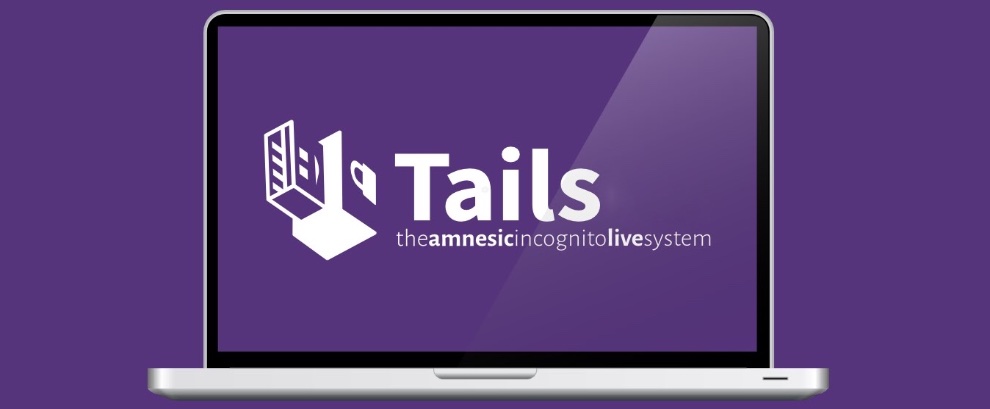Custody Agreements in Nj
Custody Agreements in NJ: What You Need to Know
Going through a divorce or separation can be a difficult and emotional time for all parties involved, especially when there are children involved. One of the most important aspects of any divorce or separation proceeding is determining custody arrangements for the children. Custody agreements in NJ can be complex and confusing, but it’s important to understand the basics to ensure the best outcome for your family.
Types of Custody in NJ
In New Jersey, there are two types of custody: legal custody and physical custody. Legal custody refers to the right to make important decisions about the child’s upbringing, such as education, medical care, and religion. Physical custody, on the other hand, refers to where the child will live and who will be responsible for their day-to-day care.
Legal custody can be either joint or sole, depending on the circumstances. Joint legal custody means both parents share decision-making responsibilities, while sole legal custody means one parent has the authority to make all major decisions.
Physical custody can also be joint or sole. Joint physical custody means the child spends a significant amount of time with both parents, while sole physical custody means the child primarily resides with one parent, and the other parent has visitation rights.
Factors Considered in Custody Agreements
When determining custody arrangements, the courts in NJ will consider a number of factors, including:
• The child’s age and needs
• The physical and mental health of each parent
• The parents’ ability to provide a stable home environment
• The child’s relationship with each parent and other family members
• Each parent’s willingness to cooperate and encourage a relationship with the other parent
• Any history of domestic violence or substance abuse
Negotiating a Custody Agreement
It’s always best for parents to come to an agreement on custody arrangements outside of court. This allows for more flexibility and control over the outcome. However, if parents cannot agree, the courts will make the final decision based on the best interests of the child.
If you need to negotiate a custody agreement in NJ, it’s important to work with an experienced family law attorney. An attorney can help you navigate the complex legal system and ensure that your rights and the best interests of your children are protected.
In conclusion, custody agreements in NJ can be a complex and emotional process. Understanding the different types of custody and the factors considered in custody decisions can help you make informed decisions and secure the best outcome for your family. If you need legal assistance, don’t hesitate to contact a family law attorney.


























































